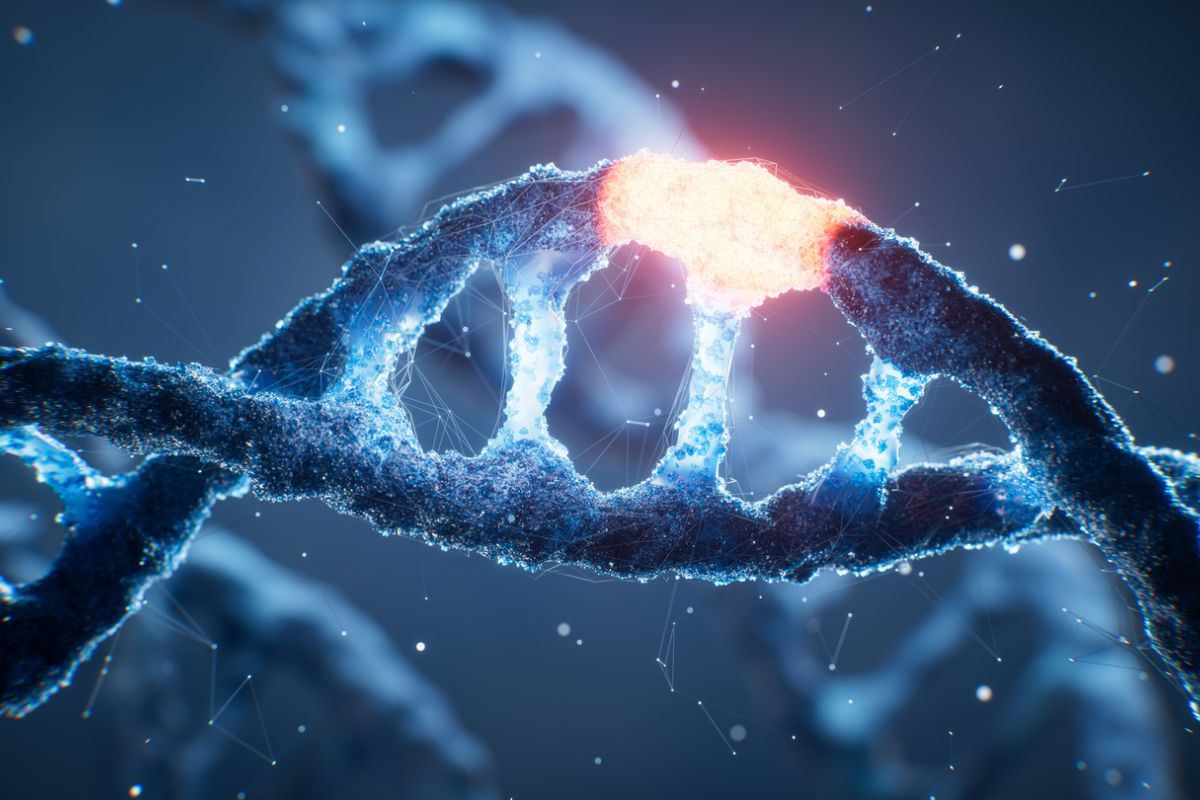This week, we reveal a link between sexual assault and mental health, discuss the care of critically ill patients, and how educators can transform the classroom experience.
Adult Sexual Assault Fuels Mental Health Issues
A new nationally representative study – appearing this week in The Journal of Clinical Psychiatry – reveals a strong link between adult sexual assault and a wide range of psychiatric disorders. However, there also appear to be some dramatic differences in how the connection influences men and women.
Among more than 36,000 U.S. adults surveyed, 2.6% reported experiencing sexual assault after turning 18. That works out to nearly 4.9 million Americans.
Specifically, the paper reports that 85% of survivors experienced at least one psychiatric disorder, compared to 56% of non-victims. Post-traumatic stress disorder (PTSD) emerged as the most common diagnosis, followed by depressive and anxiety disorders.
Notably, male and female assault survivors were at sharply higher risk for suicide attempts and personality disorders. Both sexes also appeared to be more prone to borderline personality disorder and schizotypal traits.
Otherwise, how the sexes responded in the aftermath of an assault diverged dramatically. The researchers found that men were more likely to develop psychotic and antisocial personality disorders. Women, on the other hand, experienced larger-scale physical and mental health effects.
The study also reveals that cumulative trauma, such as experiencing both childhood and adult sexual assaults, fueled higher psychiatric risks. Survivors reported a diminished quality of life, particularly among women.
Finally, the researchers stressed the need for tailored prevention efforts and screening protocols that account for sex-based differences.
IN OTHER PSYCHIATRY AND NEUROLOGY NEWS
- The Primary Care Companion for CNS Disorders covers practices such as a “flipped classroom” or “layered learning,” and how they can drive a better educational experience.
- PCC also discusses critically ill patients who develop complex problems and failure to attend to these can jeopardize the safety of both patients and providers.
- New research in JCP explores the breast cancer risk in women with schizophrenia, especially in the context of treatment with first generation and second generation antipsychotics.
- In a letter to the editor of PCC, a reader laments the higher costs and trauma associated with law enforcement transport of individuals in behavioral health crises.
- And, finally, a consensus panel reviews how long-acting injectable aripiprazole helps improve treatment for schizophrenia and bipolar I disorder.



